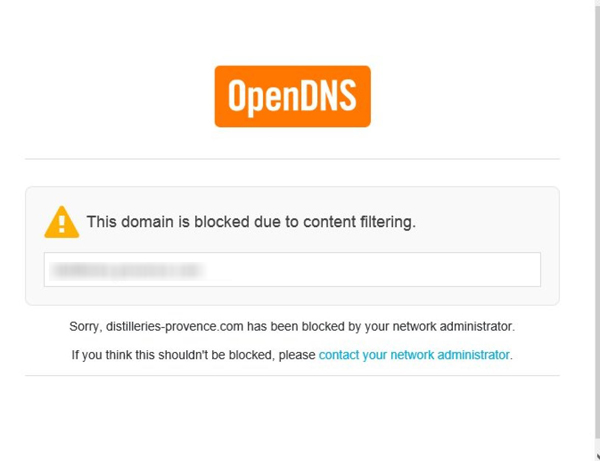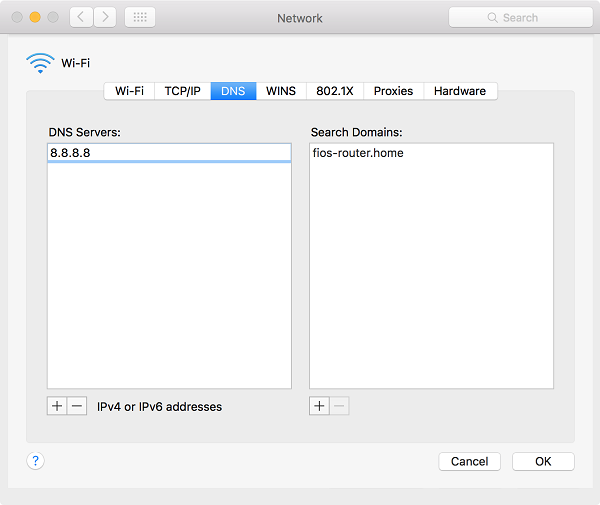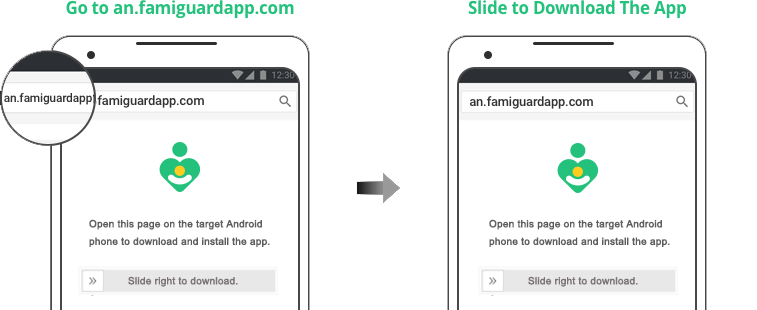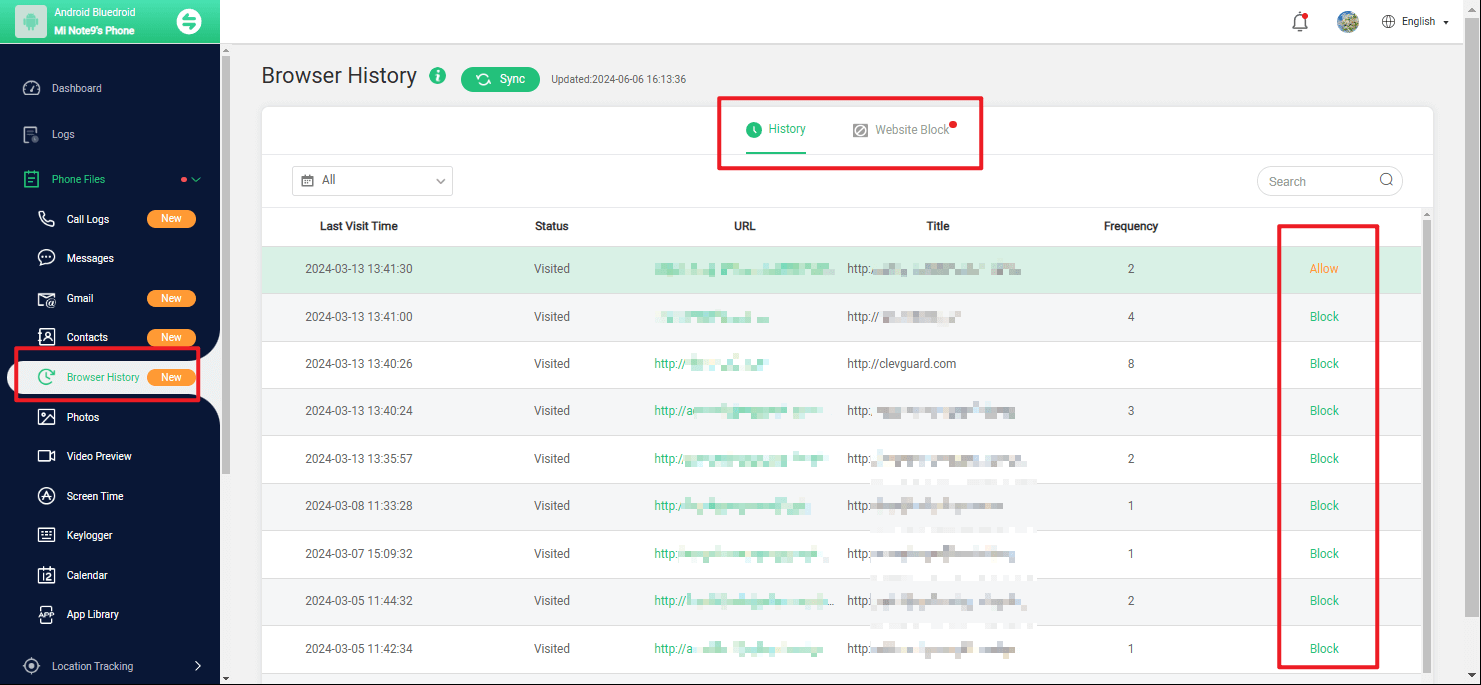DNS filters give security from online risks, for phishing attacks, botnets, malware, ransomware, and viruses. The Domain Name System (DNS) helps to make the internet better so we can use the Internet just by recalling names, and PCs can interpret these names into machine-decipherable IP delivers to move data from sites, email servers, and document servers to your internet browser or email customer. Passwords are hard enough to recollect - suppose we needed to recall IP addresses rather than area names. DNS filtering is basic for organizations since it can seriously restrict the measure of dangers a system is presented to, diminishing fundamentally decrease the remediation remaining burden for MSPs and IT stars.
This article will help you learn everything about DNS porn filters and how it works. So keep reading till the end.

Table of Contents
Part 1: Do You Know what is DNS Filter?
The web's Domain Name System (DNS) resembles the telephone directory for the web. It works by deciphering your preferred URL-your go-to news source or most loved blog-into a language PCs can get it. That language, the language of IP addresses, is a series of digits like 105.136.183.204. Since it'd be an agony to remember these digits for every one of the locales you visit, DNS interprets them into the normal names you know them by.
DNS filtering is the act of blocking access to specific destinations for a particular reason, which is regularly content-based separating. If a site, or class of locales, has been regarded as a danger, at that point its IP address is hindered with a DNS channel and access to it is forestalled. Instances of sites that might be blocked incorporate grown-up, gambling sites, porn sites, and other websites.
Part 2: How Does DNS Filter Works?
With DNS filtering set up, instead of the DNS server restoring the IP address if the site exists, the solicitation will be exposed to specific controls. Id, a specific site page or IP address is known to be malignant, the solicitation to get to the site will be blocked. Rather than associating with a site, the client will be coordinated to a nearby IP address that will show a blocked page clarifying that the site can't be gotten to.
This control could be connected at the switch level, using your ISP, or an outsider - a web separating specialist co-op. On account of the last mentioned, the client - a business, would indicate their DNS the specialist organization. That specialist co-op keeps up a boycott of noxious website pages/IP addresses. On the off chance that a site is known to be vindictive, access to noxious destinations will be blocked.
Since the specialist organization will likewise sort site pages, the DNS channel can be utilized to restrict access to specific types of pages - sex entertainment, document sharing sites, betting, and gaming sites for example.
Part 3: Top 5 DNS Filters You Should Know
There are various kinds of DNS filters available on the internet. But do you know about the best DNS filters? Here are the top 5 DNS filters for you.
We will compare the 5 methods mentioned above in the following aspects: availability, interface, nulti-device controland price. Check out the details below.
| Availability | Interface | Multi-Device Control | Price/ Year | |
| Open DNS | Windows, Mac, Android | Easy | Not-available | $19.95 |
| Cloudflare | Windows, Mac, Linux, iOS | Easy | Available | $200 |
| Google Public DNS | Android, Windows | Complex | Available | $120 |
| Norton Connectsafe | iOS, Mac | Moderate | Not Available | $59 |
| Comodo Secure DNS | Windows, Linux, iOS | Easy | Not Available | $29 |
1. Open DNS
Open DNS offers a lot of advantages: high speeds, uptime, phishing sites automatically blocked, discretionary parental controls-type web sifting to block sites by substance type, alongside free email support if anything turns out badly.

2. Cloudflare
Best known for its top of the line content conveyance management, Cloudflare has stretched out its range to incorporate another open DNS administration, the catchily-named 1.1.1.1.
The product doesn't have any of the additional items you'll frequently observe somewhere else. There's no enemy of phishing, no advertisement hindering, no substance separating or different endeavours to screen or control what you can get to, and what you can't.

3. Google Public DNS
Google Public DNS has its fingers in most web-related pies, and DNS is no special case: its free Public DNS is a straightforward and successful substitution for your own ISP's name servers.
Protection is also much better. The administration logs the full IP address data of the PC for around 24 to 48 hours for investigating and demonstrative purposes.

4. Norton ConnectSafe
Norton ConnectSafe is a free DNS administration which can consequently square access to false, phishing and malware-pervaded sites, just as alternatively separating destinations by the substance.

5. Comodo Secure DNS
Comodo Secure DNS has a solid spotlight on protection. It doesn't simply block phishing locales, yet additionally cautions if you attempt to visit sites with malware, spyware, even stopped spaces which may over-burden you with publicizing (pop-ups, pop-unders, and the sky is the limit from there). Moreover, you can evaluate the Comodo Dome Shield administration, which adds extra features to Comodo Secure DNS
DNS porn filters can be bypassed. Intermediary servers and anonymizer websites could be utilized to cover traffic and sidestep the DNS channel except if the picked arrangement likewise blocks access to these anonymizer websites. An end client could likewise physically change their DNS settings locally except if they have been secured. Decided people might probably figure out how to sidestep DNS sifting, yet for most end users, a DNS channel will obstruct any endeavour to access illegal or hurtful site content. No single cybersecurity arrangement will enable you to square 100% of vindictive sites or all NSFW sites; however DNS sifting ought to surely be a piece of your cybersecurity resistances as it will permit most of malevolent Websites and malware to be blocked. So most of the children get access to porn websites even when the DNS porn filter is activated. If you talk about a better DNS porn filter, FamiGuard Pro is considered to be the amongst the best one is recommended by most of the parents. FamiGuard Pro is one of the most famous website filters that you can't miss. It's easier to use and more effective than DNS filters. Parents across the globe are using it to restrict the adult content from their children. Its web filter feature can be activated by three simple steps - Step 1: Create your account on the FamiGuard webiste and get a license for the tool to use it. Step 2: Download FamiGuard Pro from an.famiguardapp.com on your kids' androird devices and complete the installation. If the target devices are iPhones, go to ios.famiguardapp.com to download and install the program onto the target computer. Then connect the iPhones to the computer. Step 3: On your own devices, check the dashboard and go to Phone Files > Browser History to block specific websites on safari. Geofencing: FamiGuard will allow you to set an area for your children and when they go outside that area, it will immediately alert you for the Geofencing feature. Record Activity Summary: It monitors app activity, website activity and location history. Schedule Screen Time:With this feature, FamiGuard will allow you to set time for each app and when the time is over, your kid won't be able to access it. Application Blocker: It can be used to block inappropriate apps or any other app of your choice. Location Tracking: This feature is very important for locating the online and offline locations of your children. In this way, you can know whether your children are safe or not. This article has provided you all the information you need about DNS and DNS porn filters. You can use this information to prevent your kid's from further breaking the DNS filter block on any website. Still you will need a professional tool like FamiGuard Pro to use strong web filter option. This will allow you to stay tension free as your kids won't be able to access any blocked websites because of this powerful web filter.
Part 4: Children can Still Access to Porn Websites Even with DNS Filters
Part 5: FamiGuard Pro: The Best Website Filter You Cannot Miss


Other Attractive Features
Conclusion:
By Tata Davis
An excellent content writer who is professional in software and app technology and skilled in blogging on internet for more than 5 years.
Thank you for your feedback!



































